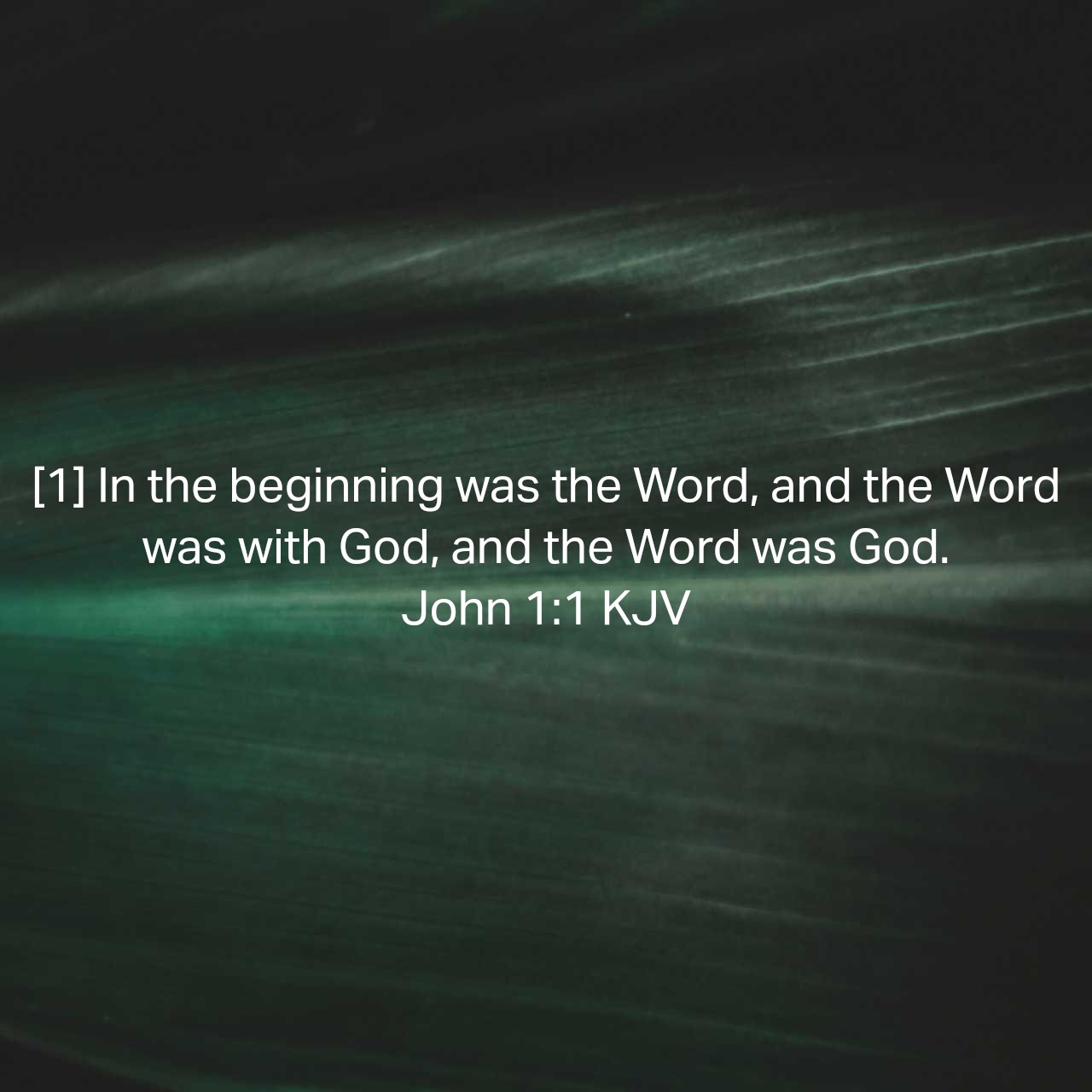“In the beginning was the Word, and the Word was with God, and the Word was God.”
Introduction
John 1:1 opens the Gospel of John, introducing the profound theological concept of “the Word” (Logos) as both with God and being God from the very beginning.
Interpretation
This verse identifies the Word (Logos) as eternal, divine, and intimately associated with God. It underscores the belief in the divinity of Jesus Christ, who is later identified as the Word made flesh (John 1:14).
Modern Day Application Across Various Fields
1. Theology
Encourages deep theological reflection on the nature of Jesus as both divine and pre-existent, foundational for Christian doctrine.
2. Philosophy
Prompts exploration of the Logos as a concept in Greek philosophy, where it represents reason and order in the universe.
3. Linguistics
Highlights the power of words and communication, symbolizing divine truth and revelation.
4. Literature
Serves as a profound example of literary and theological synthesis, offering rich material for literary analysis and interpretation.
5. Communication
Emphasizes the importance of conveying profound truths through effective and meaningful language.
6. Technology
Inspires reflection on the power of digital communication and the transmission of knowledge, akin to the concept of the Logos.
7. Omniscience
Represents the ultimate source of all knowledge and wisdom, embodying the pursuit of understanding and enlightenment.
